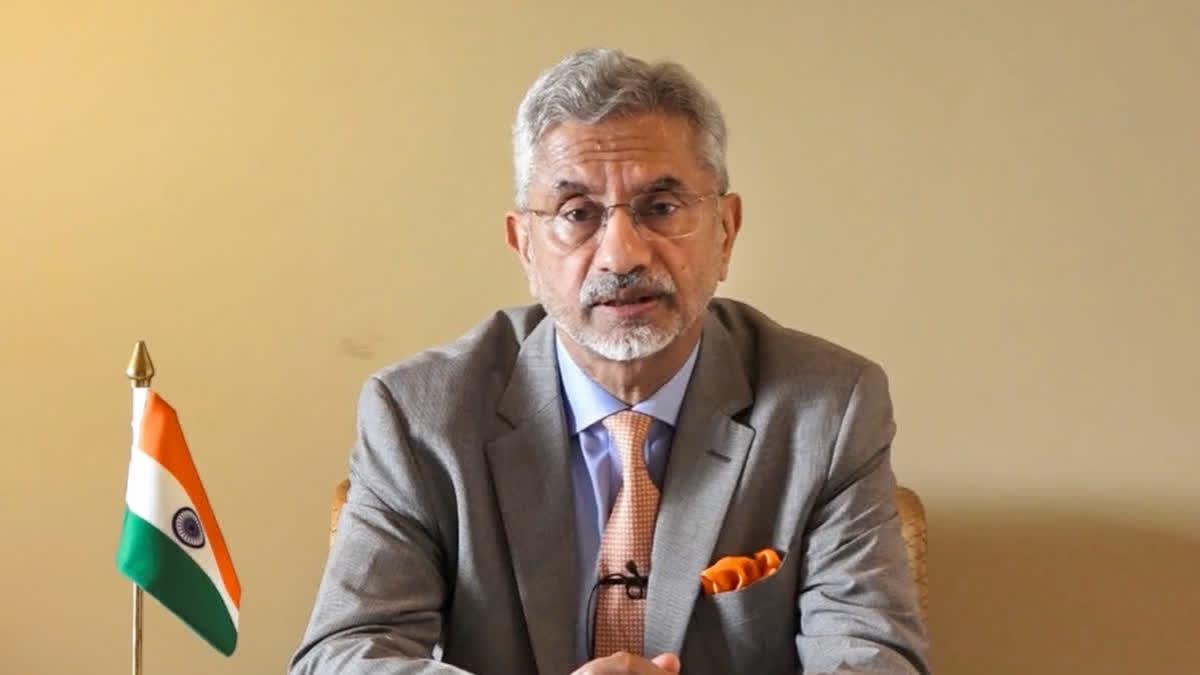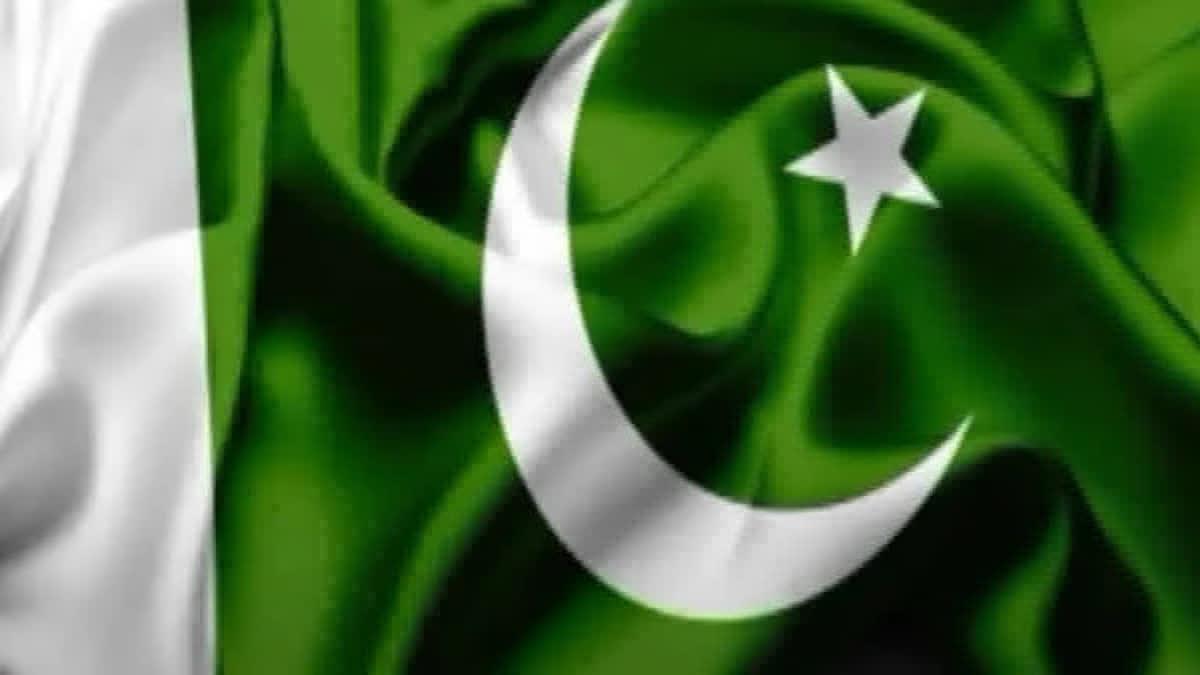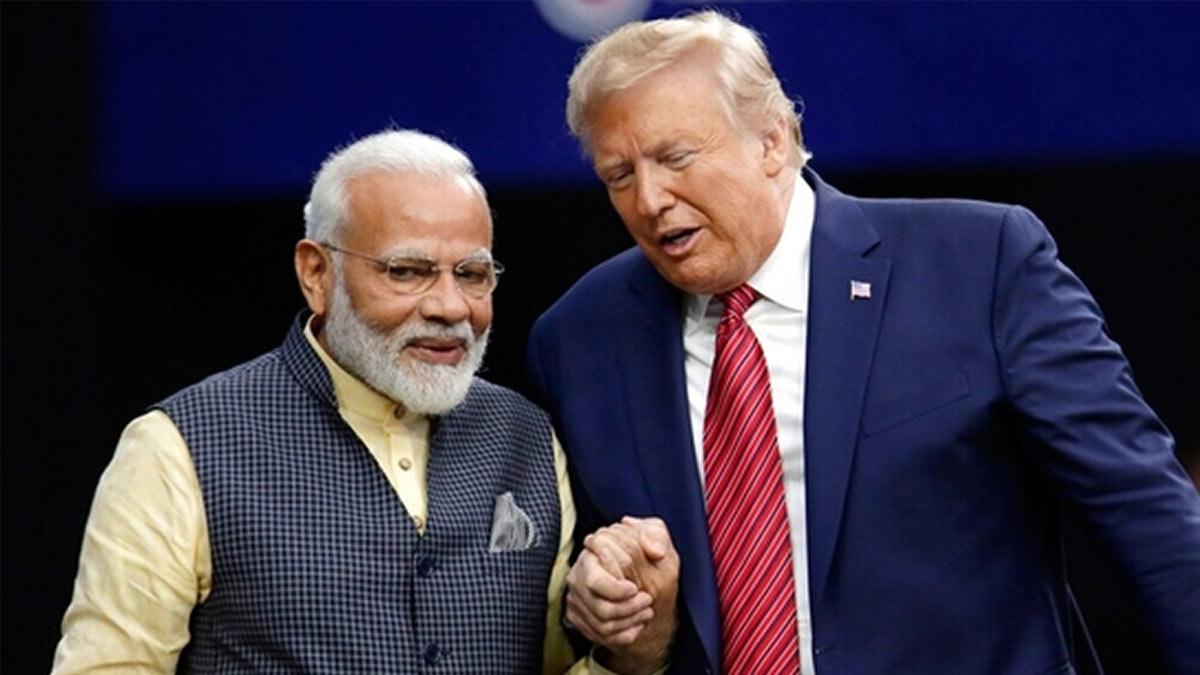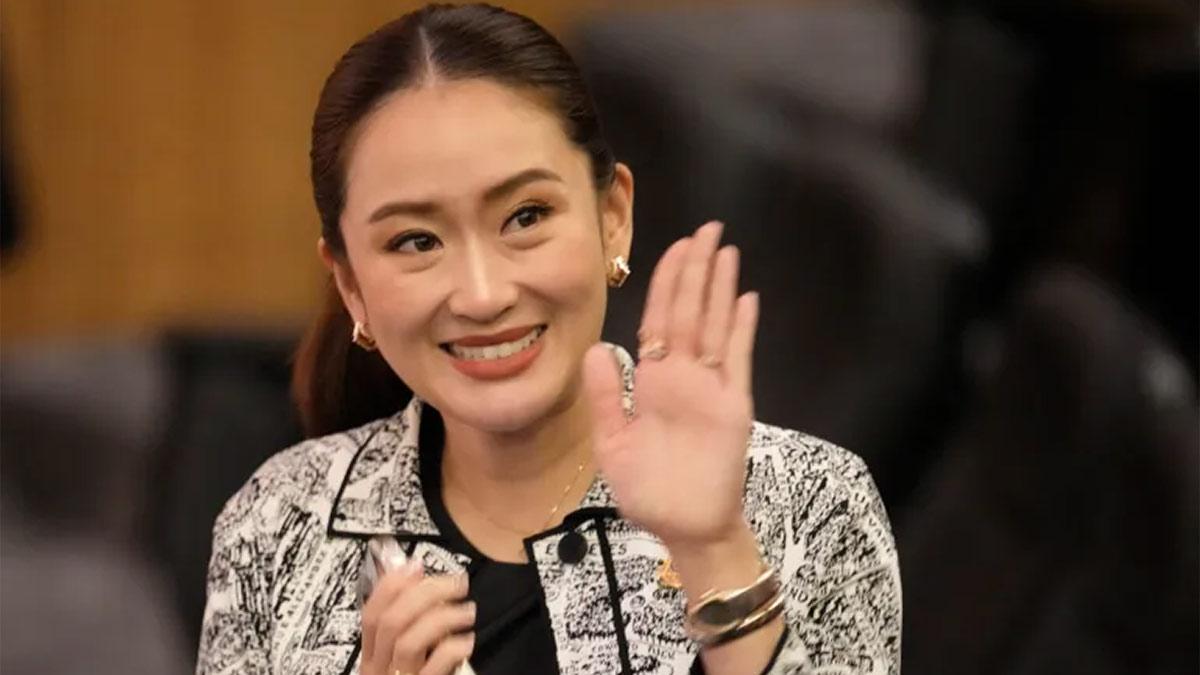Emphasizing India's firm position against terrorism, External Affairs Minister (EAM) S. Jaishankar asserted that the latest terror attack in Pahalgam was designed to create collective fear, destabilize the thriving tourism industry in Jammu and Kashmir, and implant religious tensions in the nation.
Addressing the Centre for Geopolitics, Geoeconomics and Technology of the DGAP, Jaishankar reiterated that the international community does not approve of terrorism—rather, it across the board condemns terror.
He noted that Germany, too, condemned the Pahalgam incident, expressing solidarity with India. The EAM clarified that Indian operations are solely focused on eliminating terrorist facilities and training grounds based across the border in Pakistan, a country India accuses of employing terrorism as a state policy to exert pressure.
“Germany recognises India’s right to defend itself against terrorism,” Jaishankar emphasized.
After talks with the German leadership, Jaishankar asserted that India will have a zero-tolerance policy toward terrorism and strongly oppose any nuclear threat. He also explained India's new, proactive strategy in addressing cross-border terrorism emanating from Pakistan.
During a press conference with German Minister Johann Wadephul in Berlin, Jaishankar asserted that India would not brook third-party intervention in its bilateral relations with Pakistan.
As India and Germany mark 25 years of their strategic relationship, Jaishankar delivered on possibilities for taking bilateral relations to the next level and suggested a number of areas of cooperation.
"It is important to engage at this initial phase of our government's term, so that we can proceed to lay the blueprint for the next 25 years of India-Germany cooperation," he explained.
He described major global challenges like the semiconductor shortage, climate change, endemic poverty, and the after-effects of the COVID-19 pandemic, but was confident in the resilience of India-Germany relations to tackle all these challenges together.
He noted, "The global environment is highly complicated. and in the context, the India-Germany and India-EU partnerships—where Germany is an essential player—are more crucial now than ever."
In his interactions in Germany, the EAM emphasized future-oriented planning to realize the full potential of Indo-German cooperation. He outlined some areas for closer collaboration:
Defence and Security: Jaishankar pushed for an overhaul of defence relations, which had been unsteady in the past. He pointed to heightened interest on both sides to cooperate on each other's capacities, citing naval drills, port calls by German warships in the Indo-Pacific region, and advancement in export licensing. "Both countries would be much more secure in their defence and security through our cooperation," he said.
Talent and Mobility: To address the demographic trends, he noted that India was positioned to add value to the global talent pool.
Technology and AI: Cooperation on emerging technologies such as artificial intelligence was cited as another pillar.
Sustainability and Green Growth: He stressed cooperation in climate action and environmentally-friendly development.
On trade, Jaishankar was hopeful and mentioned the possible economic spur that a Free Trade Agreement with the EU could give.
On X (previously Twitter), he tweeted:
"A pleasant exchange @dgapev this evening. Discussed India and Germany moving closer towards fostering global stability, security and prosperity. New possibilities in the bilateral relationship, and with the European Union as well. Moving towards a robust partnership in a multipolar world."
Earlier during the day, he delivered India's thanks to German Chancellor Friedrich Merz for the nation's assistance in the aftermath of the Pahalgam attack. Rephrasing India's strong stand, he stated:
"India has zero tolerance for terrorism. India will never succumb to nuclear blackmail. And India will deal with Pakistan purely bilaterally."
"There should be no ambiguity in any quarter in that regard," he asserted sternly.
Minister Wadephul also condemned the Pahalgam incident strongly in the name of Germany as a "brutal terrorist attack" upon civilians and reiterated, "Germany will stand by any struggle against terrorism. Terrorism can never have a space anywhere in the world and this is why we will stand behind everyone who has to combat terrorism."
Jaishankar further stated that on May 7, when Operation Sindoor had begun to disable terror infrastructure in Pakistan, he had communicated with Wadephul and valued Germany's position reiterating the right of nations to defend themselves.
Defence and security dominated the discussion between the two ministers, with Jaishankar mentioning Germany's key position as a strategic partner.
Wadephul reciprocated this, pointing to the common aim of preserving a rules-based world order.
"India has a special significance as a powerful player in security policy in a strategically critical region," he added.
During his ongoing three-nation European trip, Jaishankar had already visited the Netherlands and Denmark. In Germany, the foreign minister met with members of the Bundestag, reiterating India's firm commitment to defeating terrorism in all its manifestations.
Read also| Imran Khan Mocks Gen Munir's Elevation Amid Concerns Over Military Dominance in Pakistan


















